A Short History of England
A Short History of England
G. K. Chesterton has committed a great sin; he has written a didactic poem, a work of art, and has called it history. It is no easy thing to give a list of all the complex sanctities that he has violated by this one act; as a mere incident in the accomplishment of his main purpose he has arrayed against himself anti-Catholics, materialists, aristocrats, plutocrats, and the whole tribe of scientific historians. But it is true of Chesterton's "History of England," as it is true of any work of art, that the sanctities which it violates are not so important as the vision which inspires it. --The Dial, 1918
Book Excerpt
adox that the Roman soldiers killed Christ, not only by right, but even by divine right. That mere law might fail at its highest test it had to be real law, and not mere military lawlessness. Therefore God worked by Pilate as by Peter. Therefore the mediæval poet is eager to show that Roman government was simply good government, and not a usurpation. For it was the whole point of the Christian revolution to maintain that in this, good government was as bad as bad. Even good government was not good enough to know God among the thieves. This is not only generally important as involving a colossal change in the conscience; the loss of the whole heathen repose in the complete sufficiency of the city or the state. It made a sort of eternal rule enclosing an eternal rebellion. It must be incessantly remembered through the first half of English history; for it is the whole meaning in the quarrel of the priests and kings.
The double rule of the civilization and the religion in one sense remained for cent
Editor's choice
(view all)Popular books in History, Religion
Readers reviews
3.0
LoginSign up
Super
- Upvote (0)
- Downvote (0)
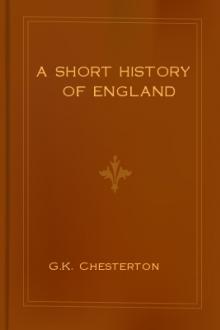
 Free Download
Free Download













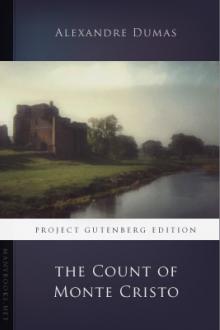

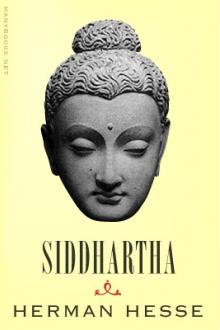
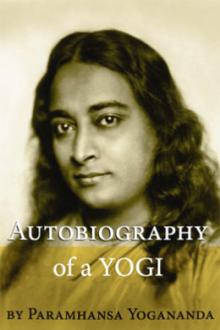
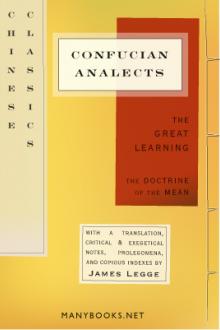
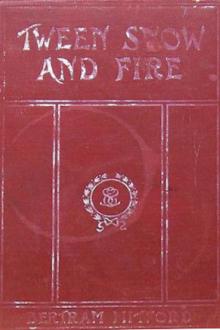


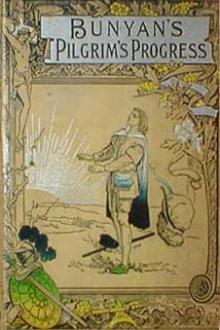
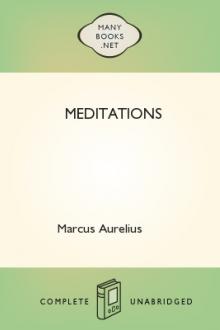
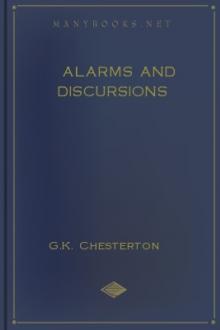
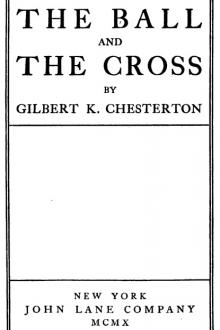
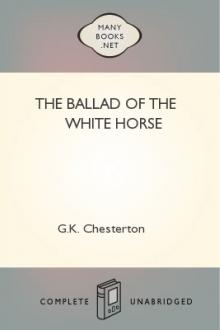
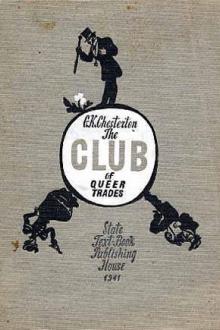
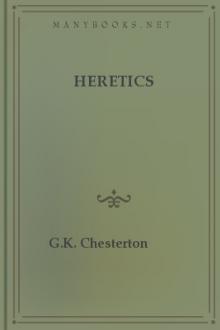
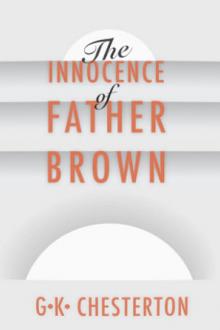
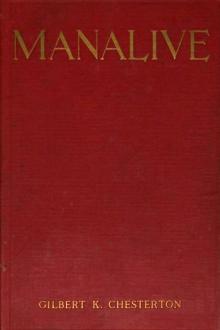
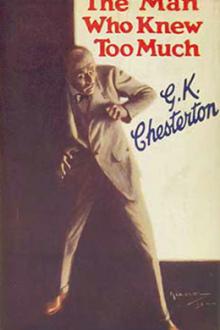
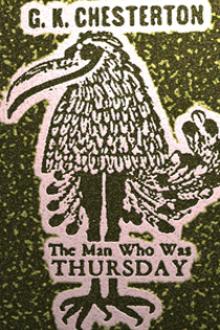
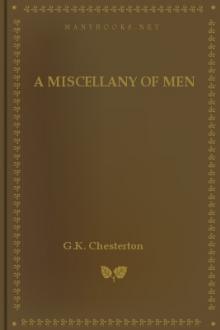
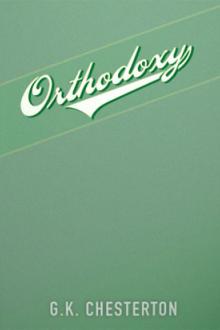

-itok=vcKIB5v1.jpg)